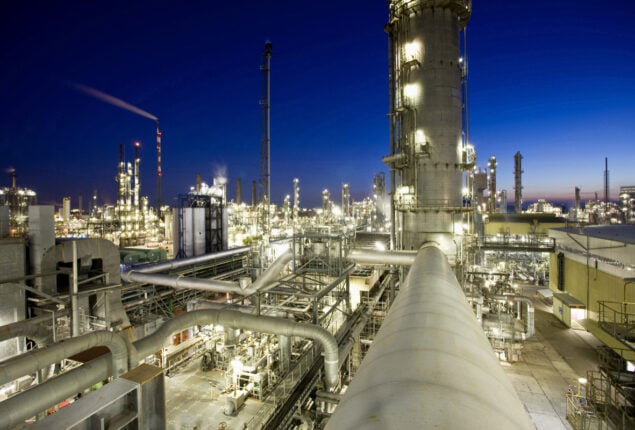Airbus announces unchanged first-half deliveries
Airbus posts flat first-half deliveries as it struggles to convert production plans...

Russia cuts gas flows further as Europe urges energy saving (credits:google)
BASF, Germany’s top gas consumer, said Wednesday that its plants would continue to operate on a reduced scale even if fuel supplies were rationed.
If the government implements its rationing plan this winter, “we assume BASF will still acquire enough gas to keep our Ludwigshafen plant running at reduced capacity,” CEO Martin Brudermueller stated during a conference call.
The location in western Germany is the world’s largest chemical production factory, employing 39,000 people and considered especially vulnerable to the effects of a gas shortage.
The plant is supplied primarily with Russian gas, deliveries of which have dwindled amid tensions with Moscow over its invasion of Ukraine.
Ludwigshafen would not be able to keep operating if its supplies were cut by over 50 percent, Brudermueller said.
“Most of the gas industry is really system-critical,” he said, adding that the group was in discussions with the government about maintaining the gas supply to the sector.
BASF “subbed” for gas and “optimised” production units to save fuel, Brudermueller added.
Brudermueller claimed BASF’s second largest site in Germany, Schwarzheide, could create all the electricity and steam it needed with fuel oil.
At the main plant in Ludwigshafen, the switch would be “partially” achievable.
BASF was also “reducing production at units that require big volumes of gas, such as ammonia production units,” the CEO said.
Ammonia is used in particular in the production of fertilisers. BASF was sourcing alternative quantities from suppliers, which could lead to increasing costs, Brudermueller warned.
BASF on Wednesday raised its full-year outlook for revenues and operating profit on the back of “very positive” second-quarter results “despite the continued high raw materials and energy prices”.
The chemical group now sees sales for the year coming in between 86 billion euros ($87.1 billion) and 89 billion euros, up from their previous estimate of between 74 and 77 billion euros.
Catch all the International News, Breaking News Event and Latest News Updates on The BOL News
Download The BOL News App to get the Daily News Update & Follow us on Google News.